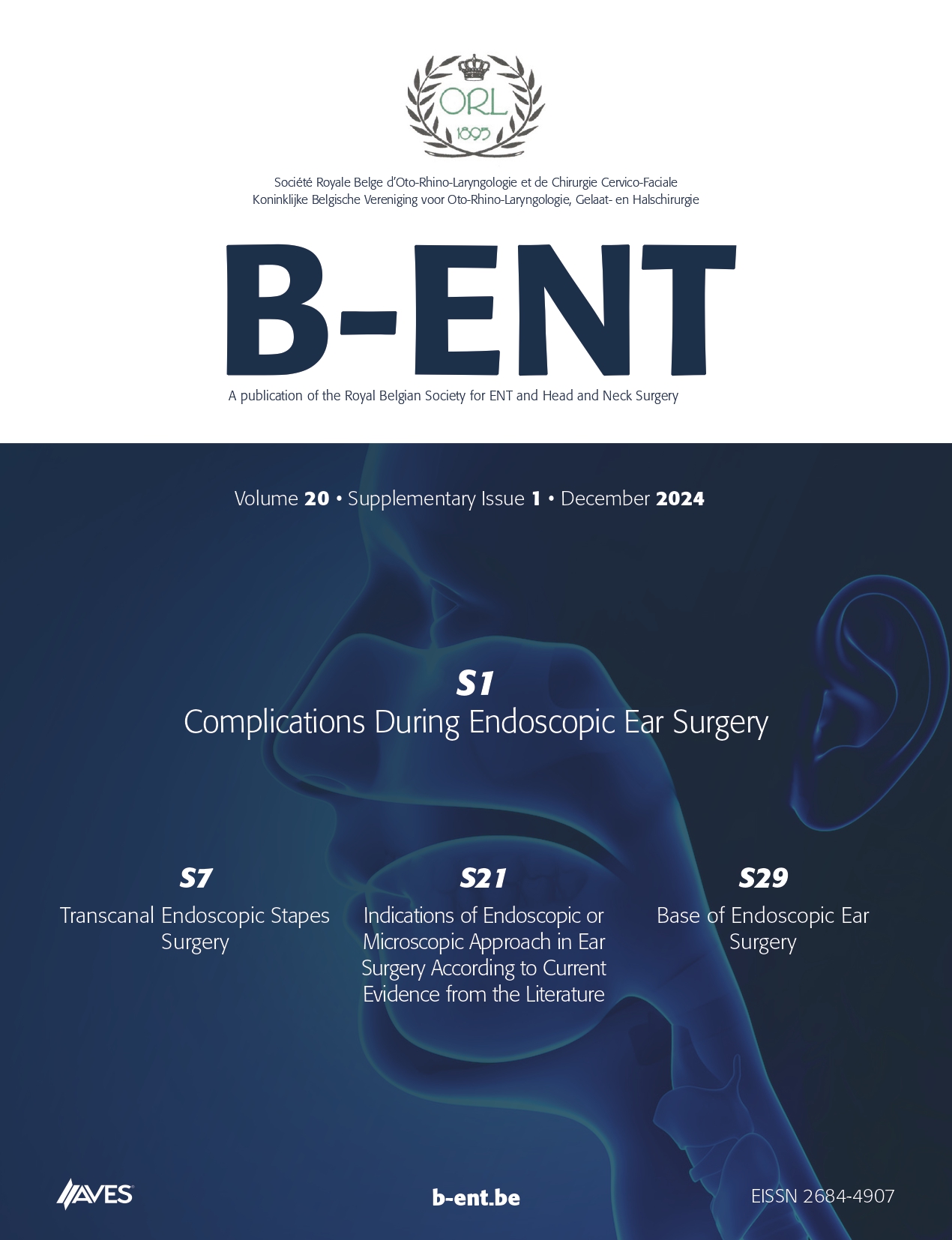Patients’ quality of life post thyroidectomy. Introduction: This study was designed to evaluate health related quality of life post thyroidectomy for hyperthyroidism with respect to clinical benefit and patient satisfaction. This is one of the first such studies in the literature evaluating quality of life post thyroidectomy for hyperthyroidism.
Methods: A total of sixty-three patients who underwent thyroidectomy for hyperthyroidism over a four and a half year period were included in the study. All surgery was preformed by a single surgeon.
Results: Sixty-three patients were contacted on average 26 months post thyroidectomy (range 4-51 months). The main indication for surgery in our series was failure to respond to medical therapy representing 92% (58/63) of cases. The main cause of hyperthyroidism was Grave's disease which represented 81% (51/63) of cases, toxic multinodular goitre accounted for 14% (9/63) of cases and 5% (3/63) of patients had a toxic adenoma. Ninety-five percent (60/63) underwent total thyroidectomy and 5% (3/63) underwent partial thyroidectomy. Eighty-one percent of patients were female (51/63) and 19% (12/63) were male. The median age of patients was 43 yrs (range 18-73 yrs). HRQL was significantly improved in physical, mental and social dimensions in the majority of patients.
Conclusion: This study evaluates quality of life in a standardized analogue fashion, with significant improvement reported in all quality of life measures and we conclude that thyroidectomy remains an excellent treatment option for patients with hyperthyroidism.



.png)
